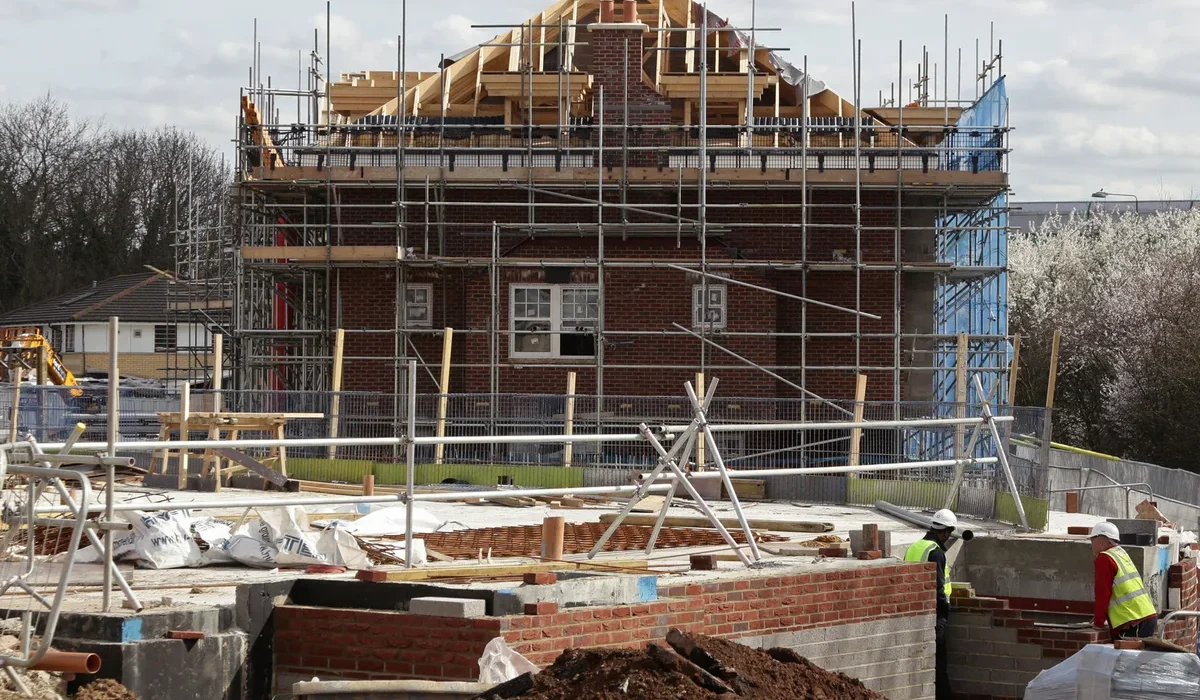When people search “homes for sale near me” or “top real estate agents in [your city],” you want to be the first name they see. That’s the power of real estate SEO—especially when it’s hyper-local.
Local SEO is the difference between being invisible in your market and becoming the go-to agent in your area. In this guide, you’ll learn how to dominate Google’s local results and win more clients in your backyard.
Why Local SEO Matters for Real Estate
Real estate is a local game. You’re not trying to rank nationally—you want visibility in specific cities, neighborhoods, or even zip codes.
With the right strategy, you can rank for:
-
“Realtor in [City]”
-
“Homes for sale in [Neighborhood]”
-
“Sell my home in [Zip Code]”
-
“Best real estate agent in [City]”
That visibility translates into leads. And the best part? Local traffic is high-intent. They’re searching because they’re ready to take action.
Step 1: Set Up and Optimize Your Google Business Profile
This is your most important local SEO asset.
If you haven’t claimed and optimized your Google Business Profile (formerly Google My Business), do it now. Make sure you:
-
Use your full business name (no keyword stuffing)
-
Add your correct address, phone, and website
-
Upload high-quality photos and videos
-
Choose accurate categories (e.g., “Real Estate Agency”)
-
Get consistent 5-star reviews from clients
Google uses this data to decide who shows up in the map pack—one of the hottest areas for seo for real estate agents.
Step 2: Build Location Pages on Your Website
Create individual landing pages for every city, neighborhood, or area you serve.
Each page should include:
-
A short intro about the location
-
Active listings (if possible)
-
Local lifestyle info (schools, parks, nightlife)
-
Your services tailored to that area
-
Optimized titles and meta descriptions
These pages help you rank in local organic results—outside of the map pack—and are essential for seo for real estate websites.
Step 3: Use Location-Based Keywords Naturally
Skip the keyword stuffing and think conversational. Instead of repeating “real estate agent in Chicago” 20 times, write helpful content like:
-
“If you’re thinking about buying a home in Lincoln Park…”
-
“Chicago’s West Loop is one of the hottest real estate markets right now…”
-
“Our local real estate team in Chicago can help you navigate…”
This kind of keyword use signals relevance to Google while staying human—something every real estate SEO expert will agree with.
Step 4: Add Schema Markup to Your Pages
Schema is a type of structured data that tells search engines more about your content.
For local SEO, focus on:
-
Local Business Schema
-
RealEstateAgent Schema
-
Review Schema
-
Location Schema
Properly implemented, it increases your chances of showing in rich snippets, map packs, and other enhanced results. Schema is a behind-the-scenes game changer in seo real estate.
Step 5: Build Local Citations Across the Web
Citations are mentions of your business on other sites—especially those with your Name, Address, and Phone Number (NAP).
Start with:
-
Yelp
-
Zillow
-
Realtor.com
-
Bing Places
-
Apple Maps
-
Niche directories in your city or state
Ensure your NAP is consistent across all listings. Inconsistent data confuses Google and weakens your local rankings—something no real estate SEO company would ignore.
Step 6: Earn Local Backlinks
Backlinks from local websites signal that you’re part of the community—and boost your authority in Google’s eyes.
Tactics include:
-
Sponsoring local events or charities
-
Getting featured on local news sites or blogs
-
Collaborating with local businesses for interviews or shoutouts
-
Writing guest posts for real estate-related publications
A real estate SEO consultant can help you build a local link profile that drives long-term rankings and traffic.
Step 7: Collect and Respond to Reviews
Google reviews are huge for rankings and conversions.
Encourage happy clients to leave honest reviews, and make sure to:
-
Respond to every review—positive or negative
-
Mention your location in replies (e.g., “Thanks for working with us in Austin!”)
-
Use keywords sparingly and naturally
Over time, this strengthens your presence in both the map pack and local organic results. It’s also a trust signal that modern homebuyers look for.
Step 8: Optimize for “Near Me” and Mobile Searches
Most local real estate searches happen on mobile. Your site must:
-
Load in under 3 seconds
-
Be 100% responsive
-
Use clickable phone numbers and forms
-
Include location-based CTAs like “Get a Free Home Value Report in [City]”
You’ll also want to optimize meta titles and H1 tags to include local terms. This boosts performance for those “near me” searches that convert like crazy.
Step 9: Use Internal Linking for Local Authority
Link between your city pages, blog posts, and service pages to create local relevance.
For example:
-
A blog about “Top Schools in Miami” links to your “Miami Homes for Sale” page
-
A page about “Buying a Home in Tampa” links to your “Homebuyer Services” page
This internal linking structure helps with both user navigation and Google’s crawlability—critical for local SEO for real estate agents.
Final Thoughts
If you want to dominate your local market, you can’t just rely on signs, ads, and word-of-mouth anymore. You need a system that puts you in front of ready-to-act buyers and sellers 24/7.
That system is local SEO.
The good news? You don’t have to do it alone. Partnering with a team that offers expert real estate SEO services ensures your site, your content, and your brand work together to outrank the competition—and convert that traffic into commission.

